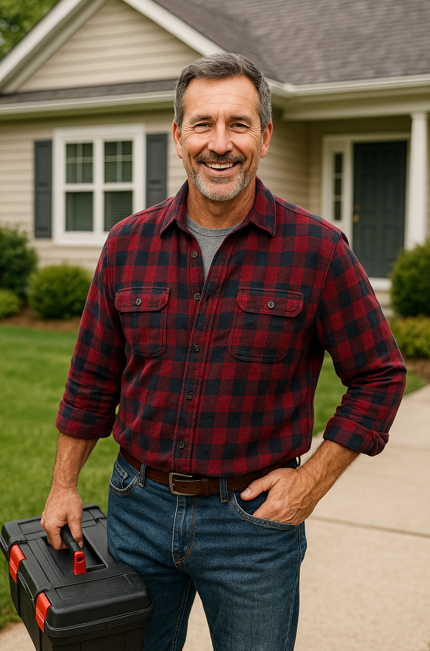You’ve probably seen SEER2 ratings slapped across every air conditioner you’ve looked at. But what does SEER2 actually mean—and how do you know what rating is right for your home? Let’s cut through the noise and get you the real answers.
First Off, What Is SEER2?
SEER2 stands for Seasonal Energy Efficiency Ratio 2—it’s the updated version of SEER, adjusted to match new, more realistic testing standards. It tells you how efficiently your AC unit cools your home over an entire season.
The higher the SEER2, the more efficient the unit.
For example:
-
A 13.4 SEER2 unit is the federal minimum in the northern U.S.
-
14.3 SEER2 is the minimum in the southern U.S.
-
Anything 15.2 SEER2 or higher is considered high efficiency.
Is Higher SEER2 Always Better?
Not always. A higher SEER2 unit saves energy—but it also costs more upfront. If you live in a mild climate or only use your AC occasionally, that extra investment might not be worth it.
Here’s how I like to break it down:
| Climate Zone | Recommended SEER2 |
|---|---|
| Northern states | 13.4 to 14.5 |
| Southern states | 14.5 to 16 |
| Hot/Humid regions | 16+ |
What SEER2 Means for Your Wallet
Let’s say you’re comparing two 3-ton systems:
-
14.5 SEER2 unit: ~$3,800 installed
-
16 SEER2 unit: ~$4,600 installed
The 16 SEER2 might save you about $70–$100 per year in energy costs. That means it would take about 8–10 years to pay off the difference—only worth it if you plan to stay in your home that long.
SEER2 and Rebates
Here’s where it gets interesting: some utility companies offer rebates if you install high-SEER2 systems. These could range from $100 to $800 depending on your area.
Check with your local utility or see what incentives are available through the Database of State Incentives for Renewables & Efficiency (DSIRE).
SEER2 and R-32: A Smart Match
If you’re going with a Goodman R-32 system, like this one here:
…you’re already ahead of the curve. R-32 naturally supports higher SEER2 ratings, meaning you get better cooling without overworking the unit—or your wallet.
Mike’s Take: Keep It Practical
Unless you live in Florida, Arizona, or Texas and run your AC 10 months a year, you probably don’t need the highest SEER2 on the market. A solid 14.5–15.2 SEER2 system is a smart balance of cost, efficiency, and comfort.







